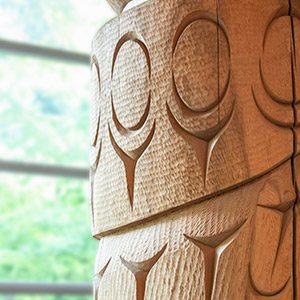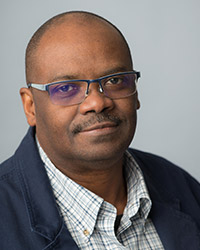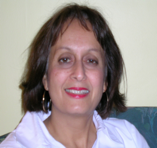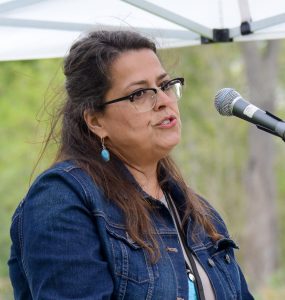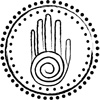Watch: We Too Are “ IDLE NO MORE”: Welcome remarks & Opening Plenary Panel
We Too Are “ IDLE NO MORE”: UBC’s Non-Indigenous Scholars and the Politics of Engaging Indigeneity
Welcome: Elder Larry Grant.
Opening Plenary Panel: Blye Frank, Dean of Education, and Jo-ann Archibald, Associate Dean of Indigenous Education.
Canadian Multicultural Education After the Death of Multiculturalism by Handel Wright
This session presents two tales of Canadian multiculturalism in general and multicultural education in particular. The invitation is for us to consider what the future of diversity education ought to be locally and nationally given the contradictory state of affairs of complacently hegemonic Canadian multiculturalism and multicultural education on the one hand and passé, challenged and undermined multiculturalism and multicultural education on the other.
Anti-racism and Critical Race Feminist Theory
Race, Space and Prostitution
Introduction: Handel Wright, Linc Kesler, and Sunera Thobani
keynote speaker: Sherene Razack, University of Toronto
Panel Discussion: Annette Henry, Indira Prahst, and Benita Bunjun.
Indigenous Praxis and World Majority Peoples’ Identity Politics
We Own Ourselves: The Role of Indigenous Knowledge Systems, Self-Definition and Self-Determination in Indigenous Justice
Introduction by Handel Wright, Linc Kesler, and Sunera Thobani
Panel Discussion by Rain Daniels, Dorothy Christian, and Charles Menzies.
The Freire Project talks to Handel Wright
Interview with Handel Wright –CCIE Director, Handel Wright talks to the Paulo and Nita Freire International Project for Critical Pedagogy about interculturalism versus multiculturalism, youth in Canada, USA and Europe, his relationship with Project founder Joe Kincheloe and critical pedagogy’s influence on his own work. (10 June, 2009)
Interview with Handel Wright by Carole Wallace Link editor
Interview quoted in Link, a semi-annual newsletter put out by the Network of Centres and Institutes in Education at UBC (NCIE). Interview with Dr. Handel Wright, conducted by Carole Wallace. In this interview, Dr. Handel Wright sits down with Link editor, Carole Wallace, to discuss his work at CCIE and the path that lead him to found CCIE and take up a Canadian Research Chair at UBC.
Audio Interview with Handel Wright on BC BUZZ show “In the Spotlight” discussing Canadian and American multiculturalism
Interview with Handel Wright featured on BC BUZZ show “In the Spotlight,” conducted by Dave Garb. (February 19, 2007). In this interview, Dr. Handel Wright discusses some of the differences between Canadian and American multiculturalism, as well as talks about a vision of Canada that is not grounded upon a mere celebration of difference, but upon a deeper and more sustained conceptualization of equity.
Interview with Handel Wright – Equity Matters
Interview with Handel Wright – Interview quoted in Equity Matters is a newsletter published Equity Office at the University of British Columbia. Interview with Dr. Handel Wright, conducted by Senior Equity Advisor, Margaret Sarkissian. (November 2006). This interview provides an overview of Dr. Wright’s academic and activist contributions.
“The Face of Asian Mixed Marriages in BC” Interview with Handel Wright in The Tyee
The Face of Asian Mixed Marriages in BC – Interview quoted in The Tyee, an independent alternative daily newspaper. Interview with Dr. Handel Wright, conducted by Chow, Amy. (December 27, 2005). In this interview, Dr. Wright provides a historical perspective of mixed race relationships in BC, as well as delves into some of the complexities surrounding this topic.
Cultural Studies as Praxis by Dr. Handel Wright, an H.M. Tory Chair in Cultural Studies Invited Lecture Presentation
In this lecture, entitled “Cultural Studies as Praxis,” Dr. Handel Wright ‘takes cultural studies personally’, drawing on experience, identity and the personal to indicate how and why the author is proponent of and is working on developing a model of cultural studies as social justice praxis despite the constraints academia in general and of the university as an institution in particular. While this account acts in its own way as an argument for conceptualizing cultural studies as praxis, the primary focus is more modestly on my own autobiographical account as a specific case. In fact, an autobiographical approach is employed precisely to be specific and in the attempt to avoid the pitfalls of over generalization and the authority of authenticity.
